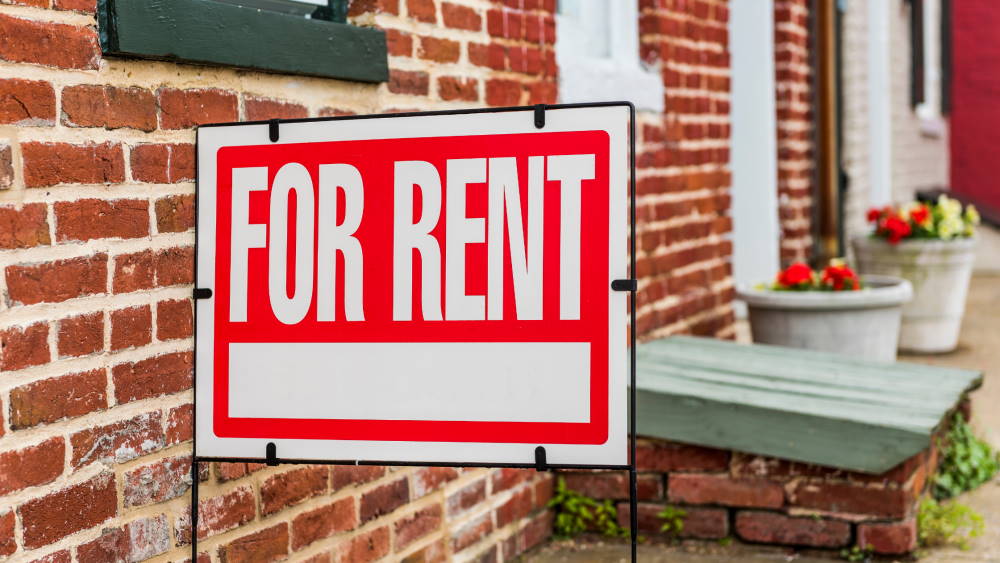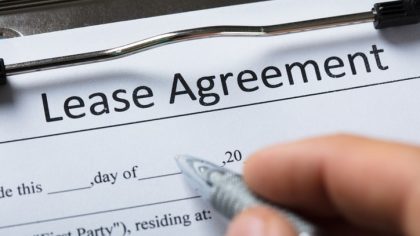When you’re looking for a place to rent, understanding the different rental terms can be overwhelming. One term that often comes up is “gross rent.” But what does it mean, and how does it impact your rental costs?
In this guide, we’ll break down the concept of gross rent, how it compares to net rent, and everything you need to know as a renter or landlord.
Quick Summary
Gross rent is the total monthly payment a tenant makes, covering not only the base rent but also additional costs like utilities and maintenance. It simplifies budgeting by bundling expenses, but it’s essential to review your lease carefully to understand what’s included. Gross rent differs from net rent, which only covers the base rent, with other costs billed separately. Gross rent applies to both residential and commercial leases, and the total can vary depending on location, property type, and included amenities.
Definition of Gross Rent
Gross rent refers to the total amount a tenant pays to a landlord each month. It includes not just the base rent but also additional costs like utilities, property maintenance, and sometimes even amenities such as parking or access to shared facilities.
Simply put, gross rent is a more comprehensive figure that accounts for all expenses tied to the property, making it easier for tenants to budget their monthly housing costs without surprise bills.
Components Included in Gross Rent
Gross rent often includes more than just the monthly rental fee. Here are the typical components that might be part of gross rent:
Base Rent
The base rent is the core monthly payment you agree upon when signing the lease. It’s essentially the fee for the space you’re renting.
Utilities
Some rental agreement include utility costs, like water, electricity, gas, and garbage collection. When these are part of your gross rent, you don’t have to worry about separate bills.
Maintenance Fees
Landlords may bundle maintenance fees into gross rent to cover things like lawn care, snow removal, or repairs to shared facilities in apartment complexes.
Property Taxes
In commercial leases, property taxes are sometimes included as part of gross rent. For residential leases, this is less common but not unheard of.
Insurance Costs
Certain types of insurance, such as property insurance, can also be factored into gross rent. This is more typical in commercial real estate.
How Gross Rent Differs from Net Rent
Gross rent and net rent are often confused, but they are quite different concepts. Understanding the difference can help you avoid misunderstandings with landlords and better manage your budget.
Gross Rent
As mentioned, gross rent is the total rent payment, including all additional costs like utilities and maintenance fees. It gives you a full picture of your monthly housing expense.
Net Rent
Net rent, on the other hand, refers only to the base rent. Any additional costs, such as utilities or maintenance, are billed separately. While the net rent might look cheaper, tenants will need to budget for all those extra expenses on top of the base rent.
Calculating Gross Rent for Properties
Calculating gross rent is straightforward if you know what additional costs are included in your lease.
Example for Residential Properties
Say your base rent is $1,200 per month. Your landlord includes $100 for water, $50 for garbage removal, and $75 for common area maintenance. In this case, your gross rent would be $1,425 per month.
Example for Commercial Properties
For a business leasing office space, gross rent may also include property taxes, insurance, and building maintenance. If the base rent is $2,000 per month and an additional $400 covers these expenses, the gross rent would be $2,400 per month.
Gross Rent in Residential Leases
In residential leases, gross rent provides simplicity for tenants. You’ll know exactly what you owe each month, with no surprise utility bills or extra fees cropping up.
Full-Service Rentals
Some residential properties, such as high-end apartment buildings, may offer “full-service” leases where the gross rent includes all utilities, internet, and even cable TV. This can be a convenient option for tenants who want to streamline their monthly payments.
Potential Pitfalls
While gross rent simplifies budgeting, it’s essential to review your lease to understand what exactly is included. Some gross rent agreements might not cover certain utilities, like electricity or internet, so you could still face extra bills.
Gross Rent in Commercial Leases
Gross rent is also common in commercial leases, especially for retail and office spaces. In commercial leases, it can cover a broader range of expenses than in residential leases.
Single Net, Double Net, and Triple Net Leases
In commercial real estate, you’ll often hear about net leases—single, double, and triple net. Each of these adds more financial responsibility to the tenant. Gross leases, in contrast, keep things simpler, with the landlord covering most or all of the additional costs.
Modified Gross Leases
Some commercial leases are modified gross leases, which means that some costs (like utilities) are included in the gross rent, while others (like taxes) are billed separately. These leases provide more flexibility but require a clear understanding of what’s included.
Impact of Location on Gross Rent
The location of a rental property has a significant impact on gross rent.
Urban vs. Suburban Areas
In urban areas like New York City or San Francisco, gross rent tends to be higher due to increased demand, higher property taxes, and more extensive maintenance requirements. In suburban or rural areas, gross rent is typically lower, but additional costs like utilities may be less frequently included.
High-Demand Neighborhoods
In highly desirable neighborhoods, gross rent often includes premium amenities such as gym memberships, parking, and access to communal areas like rooftop lounges, which drive up the overall cost.
Common Misconceptions about Gross Rent
It’s easy to misunderstand what gross rent covers. Let’s clear up some of the common misconceptions:
“Gross Rent Includes Everything”
While gross rent often includes many costs, it doesn’t necessarily cover all of them. Always check your lease to confirm exactly which expenses are included and which ones aren’t.
“Gross Rent is Always More Expensive”
At first glance, gross rent can seem more expensive than net rent, but that’s not always the case. When you factor in the additional costs that would be billed separately with net rent, the total may be similar or even higher than gross rent.
“Gross Rent is Fixed for the Entire Lease”
Gross rent might not be static. Some leases include clauses allowing landlords to adjust the rent if utility or maintenance costs increase, so it’s essential to read the fine print.
Legal Considerations Surrounding Gross Rent
Legal regulations can affect gross rent, particularly in rent-controlled or rent-stabilized areas. For example, in some cities like New York, there are caps on how much landlords can increase the gross rent, even if utility or maintenance costs go up.
Rent Control
In rent-controlled apartments, the gross rent might be capped, and landlords are limited in how much they can do some charges for additional services or amenities in the contract.
Rent Increases
Some states require landlords to provide a notice period before increasing rent, and that applies to gross rent as well. Tenants should check local laws to understand their rights.
Tips for Tenants and Landlords Regarding Gross Rent
Whether you’re a tenant or landlord, understanding gross rent can help you navigate rental agreements more effectively.
For Tenants
- Understand What’s Included: Always ask your landlord what the gross rent covers. Clarify which utilities or services are part of the rent and which aren’t in your occupancy.
- Compare Offers: Don’t just look at the monthly rent—compare the total gross rent across properties to make sure you’re getting the best deal.
- Budget Wisely: Gross rent simplifies your monthly budget since most costs are bundled together, but make sure to factor in any extras that might not be covered.
For Landlords
- Be Transparent: Clearly outline what the gross rent includes in the lease to avoid confusion or disputes with tenants.
- Set Fair Prices: While income gross rent should cover your expenses, ensure that your rates are competitive with other properties in your area.
- Maintain Regular Upkeep: Since maintenance is often included in gross rent, stay on top of repairs and upkeep to prevent larger costs down the line.





